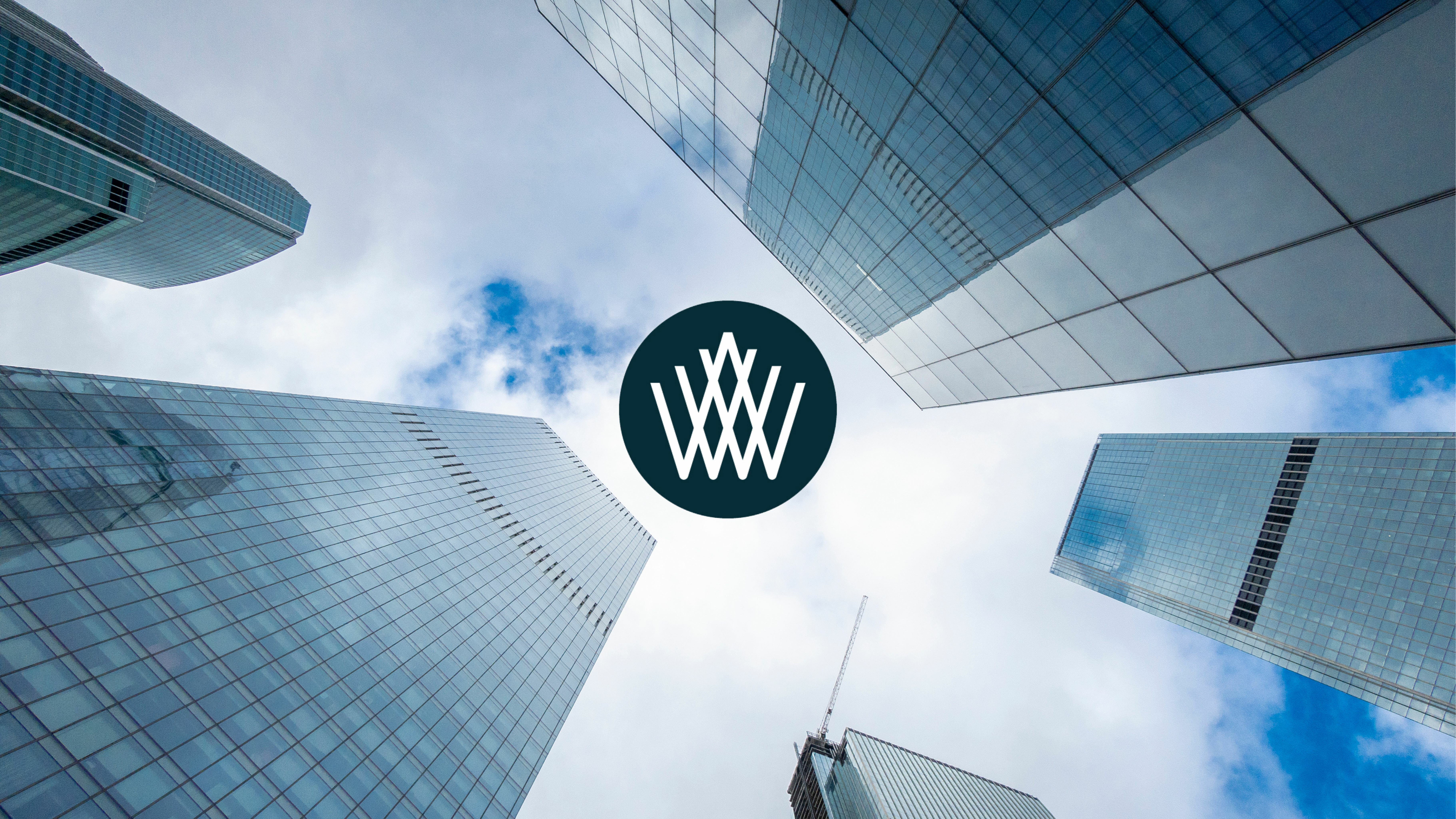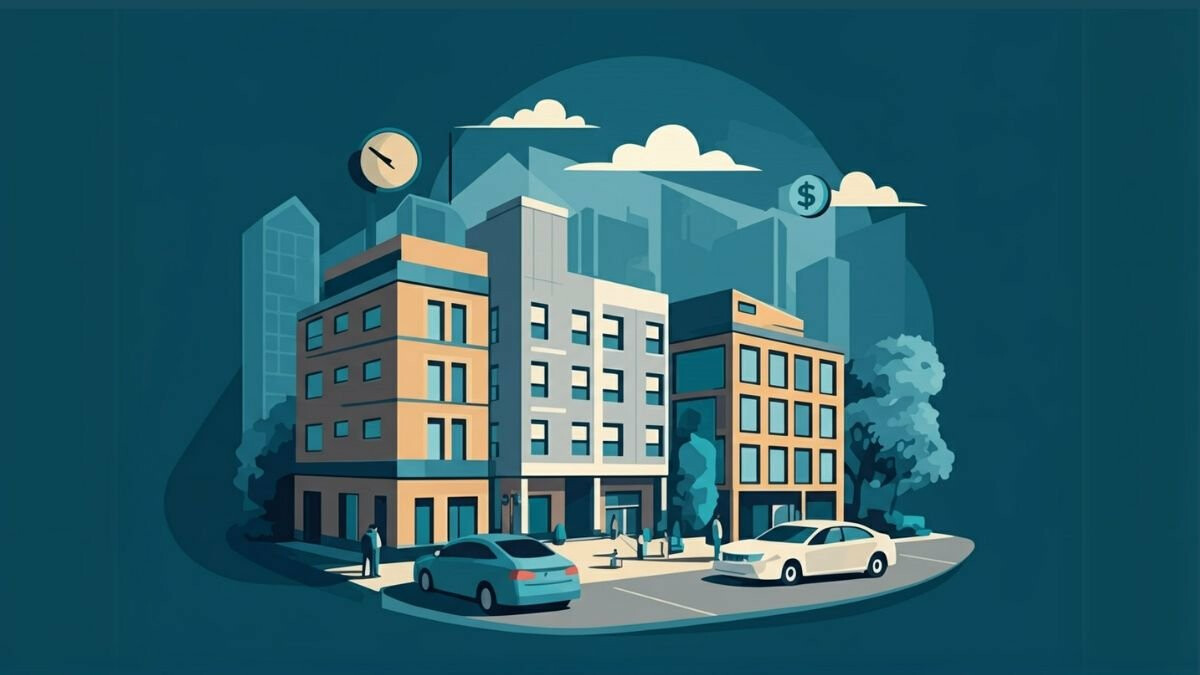05 Jul 2021 | Industry Insights
What is SmartScore?

SmartScore is a certification that identifies the best-in-class smart buildings that offer an exceptional user experience, drive cost efficiency, meet high sustainability standards, and are totally future-proof.
It follows from the WiredScore certification that assesses digital connectivity and smart technology in homes and offices globally.
Created in collaboration with the owners and users of the world’s most advanced properties, SmartScore provides clarity on the features that make up a smart building, offering guidance on how to achieve the status as well as proving the value it adds to an asset.
Undoubtedly, the future of the built environment is smart but there must be a focus on achieving the outcomes that users of buildings actually want. A truly smart building integrates with digital technology to exceed the evolving expectations of occupiers.
SmartScore measures how smart a building is against two main criteria.
- Building functionality
- Technological foundation
Building functionality considers how a building delivers outstanding outcomes. It looks at how a building addresses issues and inconveniences in a user’s day-to-day experience and whether it creates tangible benefits enabling them to enjoy better outcomes. Taken into consideration are things like security, sustainability, wellbeing, operations, services and productivity.
Technological foundation assesses to what extent the technology, processes, and procedures are robust and future-proofed across six categories: cybersecurity, governance, building systems, data sharing, landlord integration network, and tenant digital connectivity.
Twinview and SmartScore
Through integration with Twinview and other building technology, Great Portland Estates' (GPE) The Hickman became the first building in the world to achieve the SmartScore ‘Platinum’ rating, which is the highest certification possible.
The Hickman is GPE’s smartest building yet. Twinview’s digital twin platform integrates with GPE’s bespoke app, sesame™, to identify patterns in how people use the workspace. This enables property managers to rationalise and optimise space, resulting in efficient use whilst reducing costs and carbon emissions.
IoT and sensors placed throughout the building allow Twinview to provide continuous, anonymous feedback on occupancy levels, temperature, light levels, air quality, noise and energy use. This allows GPE to view a range of data sources on a single dashboard for a unified source of truth and then utilise this data to implement wider changes to their portfolio and steer the company to achieving net-zero carbon emissions by 2030.
Twinview is a browser-based digital twin platform for the property sector connecting building systems’ data to a 3D model viewed on a single dashboard. Twinview becomes your first step to achieving Net Zero by providing continuous live data and an optimised building performance whilst reducing costs and improving the user experience. Book a demo today.
Related insights

Industry Insights
The Intelligent Hotel: Navigating Costs with Digital Twins
The hotel industry, a sector once synonymous with bustling lobbies and seamless service, has weathered numerous challenges over the past decade. From pandemic-induced shutdowns to the relentless squeeze of rising costs and staffing headaches, hotel survival has become a masterclass in adaptation. Room demand reached an all-time high in 2024, according to STR research. As travellers return in mass, expectations have shifted, demanding a level of personalised experience that feels both effortless and intuitive. How do hotels meet the challenge? Enter the digital twin—a virtual representation reflecting the hotel's every heartbeat.
Read more

Case Studies
Preserving the Past, Powering the Future: Twinview's Role at Archives New Zealand
The newly constructed Archives New Zealand facility in the heart of Wellington represents a strategic investment in the long-term stewardship of the nation's invaluable historical records. Designed to provide a secure and stable environment for the preservation of national archival collections, safeguarding heritage isn’t just about secure storage; it requires a smart, resilient, and efficient environment supported by cutting-edge facilities management. To meet this challenge, Archives New Zealand partnered with Twinview and WT New Zealand to embed intelligence into the building's fabric. The result? A future-ready, high-performance facility where smart data meets operational excellence.
Read more

Industry Insights
Understanding Renters' Rights: How Digital Twins Improve Compliance and Property Management
The recent introduction of the Renters' Rights Bill in the UK aims to improve the relationship between tenants and landlords. As part of a broader effort to ensure fairer and more transparent living conditions, this bill ensures that rental properties meet specific standards, including affordability, maintenance, and habitability. Landlords and property managers now face new challenges in complying with evolving regulations. We explore how Digital Twins could support with these new compliance requirements.
Read more

